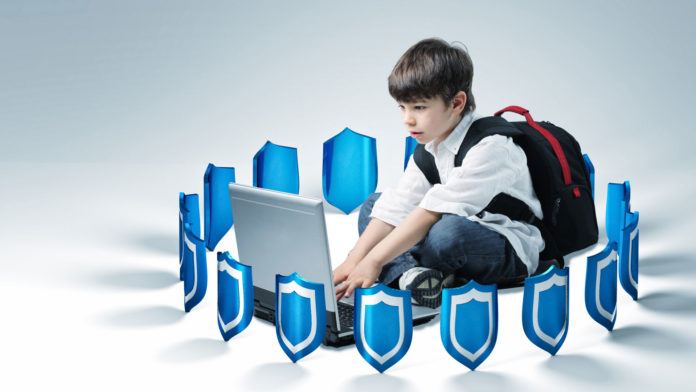An open Internet is unsafe for children and parenting in this digital age is difficult. By considering this fact, many schools and libraries throughout the UK using a tool to protect young people from unpleasant online experiences. The tool internet filters offer protection against unwanted content and offer a safe Internet for your family. But a study doubt on whether such technologies shield young teenagers after not finding a link between homes with internet filters and the likelihood of the teenagers.
According to the study, the effectiveness of internet filters is doubtful. The resources would be better spent trying to develop the resilience of teenagers to such experiences.
Scientists from the Oxford Internet Institute (OII) at Oxford University analyzed data from 1,030. They involved 515 teenagers aged 12-15 years across the UK. The teenager’s parents were also interviewed. They were asked about whether they used technical tools to control their child’s access to online content.
One-third of the parents said they used content filters. 66% parents reported that do not use the filter. At the other hand, almost 24% parents were unaware about the filter technology.
Almost 14% of the teenagers reported they had at least one negative experience online. 8% said they had contact with someone online who they did not know and wanted to be their friend. Around 4% reported that they met another person pretending to be online. And 2% volunteers reported that they saw something of a sexual nature that made them uncomfortable. 3% volunteers report that they saw or received scary videos/ comments that made them feel scared.
That means the use of internet filtering in the home did not appear to mitigate the risk of young people having unpleasant online experiences. And the technical ability to bypass these filters had no observed effect on the likelihood of such experiences.
Scientists said, “Our main concern is that such filters may ‘over-block’ searches for information about issues that are important for teenagers. For example, alcohol, drugs, sexual relationships, health, and identity. And this may cause a disproportionate effect on vulnerable groups such as lesbian, gay, bisexual, and transgender teens. So, the use of filters could lead to chilling effects.”
“Instead of prioritizing internet filters, we need to focus on educating and supporting teenagers to view online material responsibly. The main emphasis should be on how teenagers manage online experiences that make them feel uncomfortable or scared, it concludes.”
